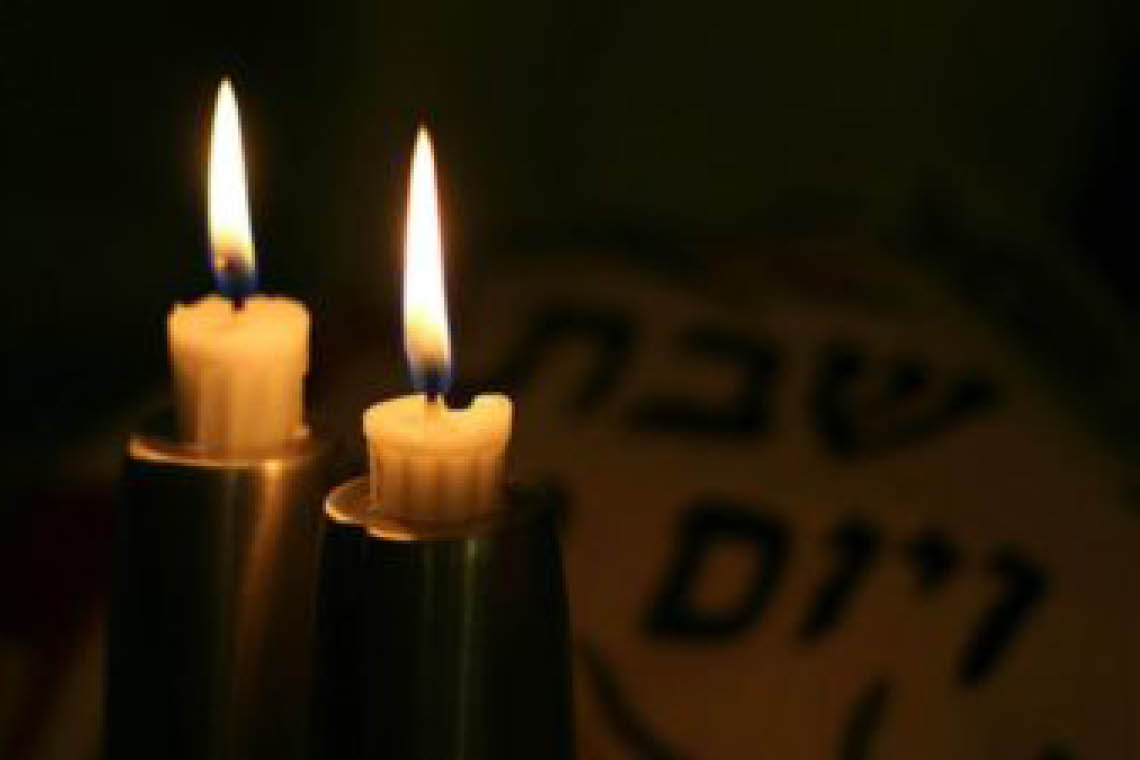
They are the two words that may come to define our age: Social distancing. Long before disease experts were urging us to quarantine ourselves to fight the alarming spread of the coronavirus, we were already secluded in our digital cocoons.
The drug of social media and other digital treats have already done a great job of physically separating us. How poignant that the biggest health crisis of our time is now calling on us to do more of the same— to accentuate an isolation that has contributed to a rise in loneliness and depression.
Every expert I’ve spoken to has told me the same thing: We need to separate ourselves physically to combat the exponential spread of COVID-19. Yes, washing our hands and other safety measures are important, but the most decisive measure is “social distancing.”
Evidently, the world is listening. Our nation is pressing pause. Schools are closing, events are cancelling, sports leagues are suspending their seasons, more and more people are working from home. My email is flooded with announcements of new cancellations, from synagogue services to Hollywood events to theaters on Broadway.
The irony is hard to miss: At a time when we had already reached a peak of social isolation, a lethal disease has forced us to be further isolated.
The irony is hard to miss: At a time when we had already reached a peak of social isolation, a lethal disease has forced us to be further isolated.
Only this time, the isolation is to save our lives. We’re staying further entrenched in our digital bubbles not because of the lure of Twitter, Facebook, Instagram or Netflix, but because of self-preservation. The very phenomenon that is corroding our mental and emotional health is now the cure to secure our physical health.
This is separation on top of separation, distancing on top of distancing. It’s like telling cocaine addicts to take more cocaine to save their lives.
At moments of such confusion and darkness, we need deep and imaginative thinkers to show us some light. In a community message that went viral, my friend Rabbi Yosef Kanefsky did just that.
“The very last thing we need right now,” he wrote, “is a mindset of mutual distancing. We actually need to be thinking in the exact opposite way.”
Just as the coronavirus is calling on us to double down on our social distancing, Kanefsky wants us to double down in the opposite direction. How? Hear his words:
“Every hand that we don’t shake must become a phone call that we place. Every embrace that we avoid must become a verbal expression of warmth and concern. Every inch and every foot that we physically place between ourselves and another, must become a thought as to how we might be of help to that other, should the need arise.”
Instead of using this national pause to do more of what we already do, Kanefsky is urging us to go higher, to dig deeper, to find creative ways of helping others that don’t require physical contact.
“There is a crack in everything,” Leonard Cohen wrote. “That’s how the light gets in.”
Indeed, our nation is cracking. The economic fallout is scary. Things will get worse before they get better. It’s hard to see any light.
Indeed, our nation is cracking. The economic fallout is scary. Things will get worse before they get better. It’s hard to see any light.
For many in the Jewish community, this will be a Shabbat with little light— no synagogue services, no gathering with friends, none of the socializing we have come to expect.
And yet, there is light in this crack, too. We can engage during this “Corona Shabbat” with the more spiritual side of the day of rest, what Rabbi Abraham Joshua Heschel calls the “holiness of time.”
“There is a realm of time where the goal is not to have but to be, not to own but to give, not to control but to share, not to subdue but to be in accord,” he wrote in The Sabbath.
When Kanefsky writes that “Every embrace that we avoid must become a verbal expression of warmth and concern,” he is showing us an example of making our time holy. Shabbat is the ideal time to reflect on this holiness. Freed from our digital devices, we can double down on our humanity, we can contemplate the “realm of time” where the goal is “not to own but to give.”
Shabbat reminds us that even if we must be socially isolated, we can be spiritually connected; even if we must be alone, we can add meaning and purpose to the very idea of being alone.
Shabbat is the light that shines through every crack, even a crack that has put a frightened nation on pause.
Shabbat shalom.























 More news and opinions than at a Shabbat dinner, right in your inbox.
More news and opinions than at a Shabbat dinner, right in your inbox.